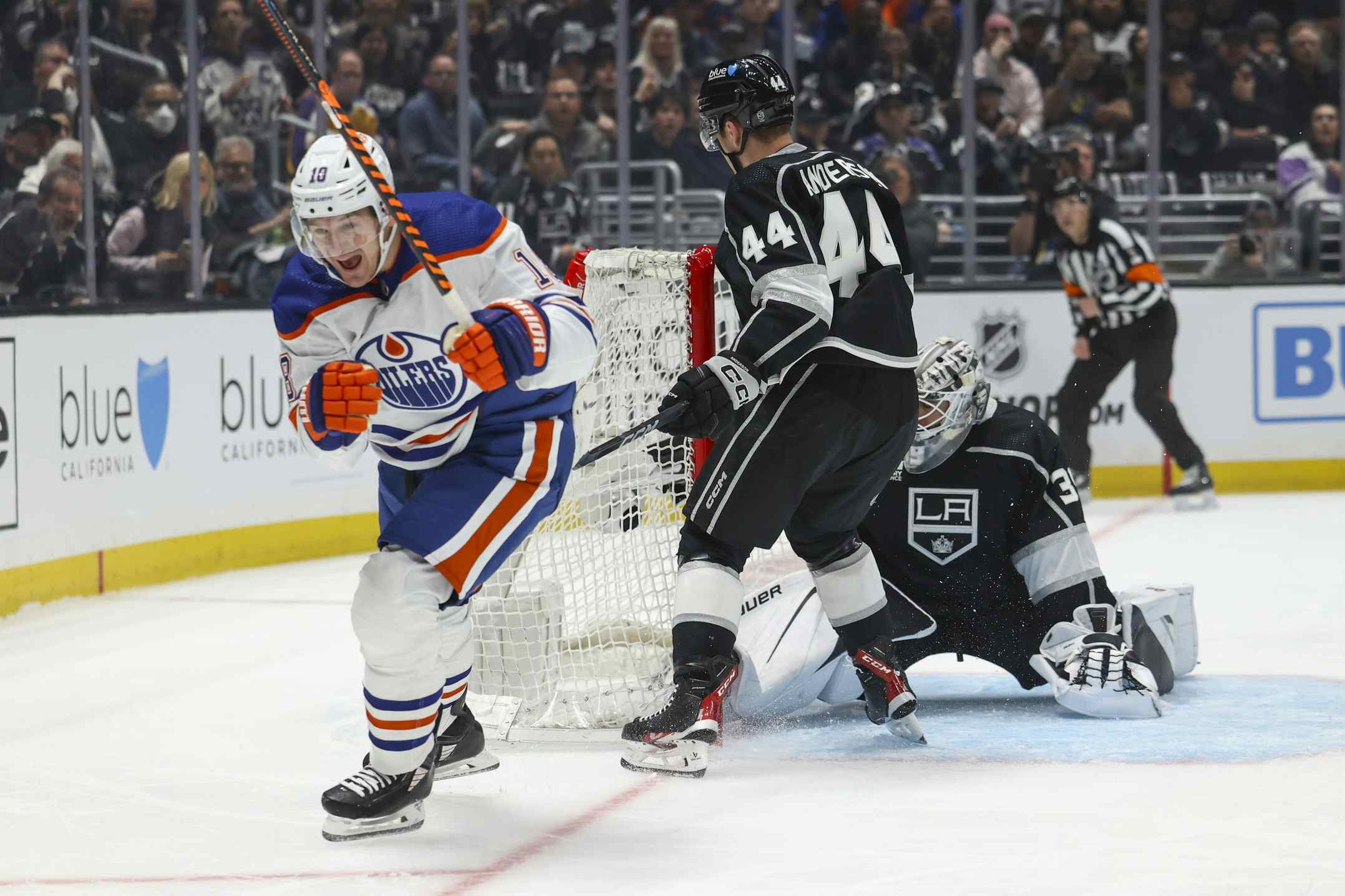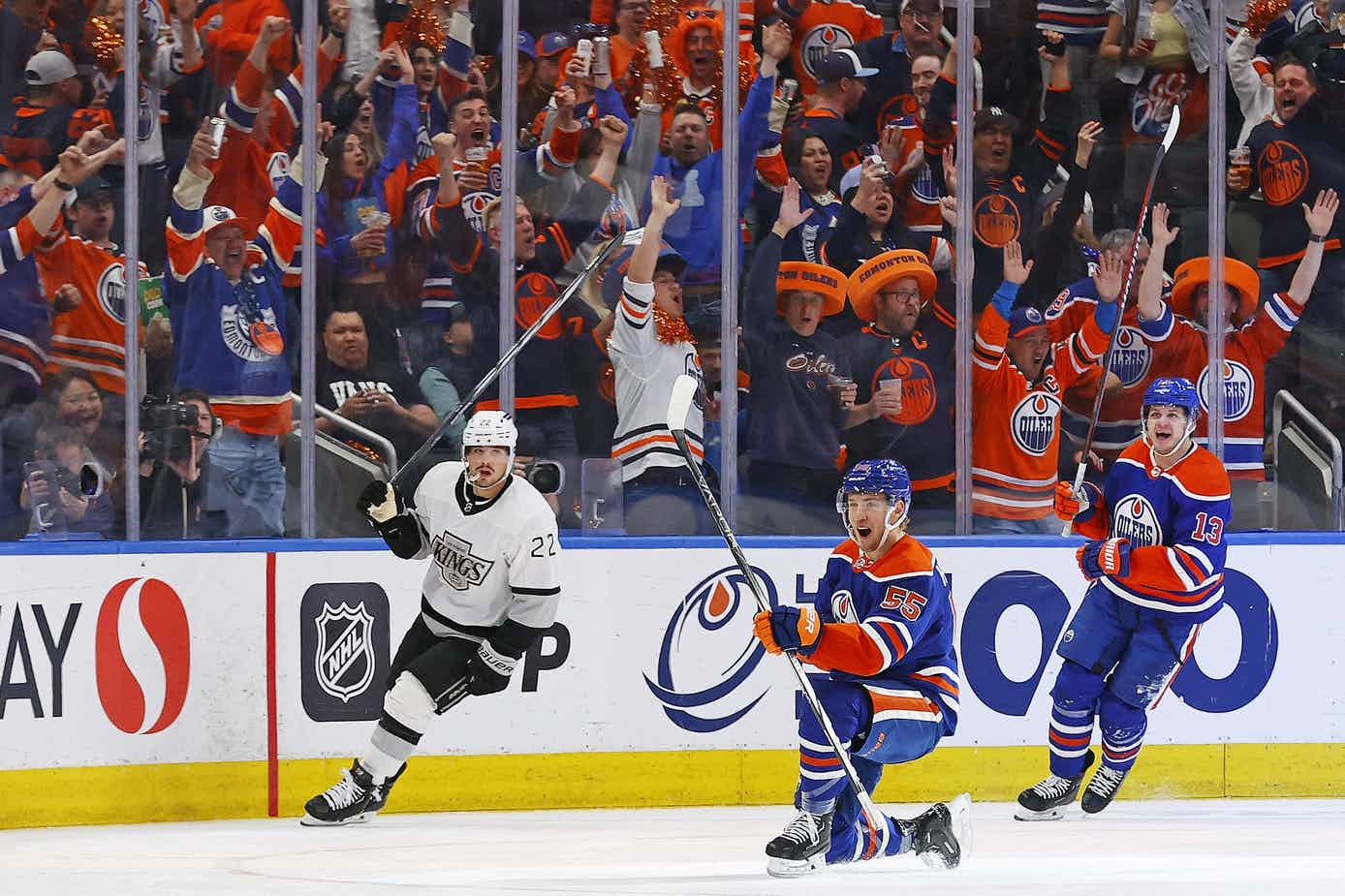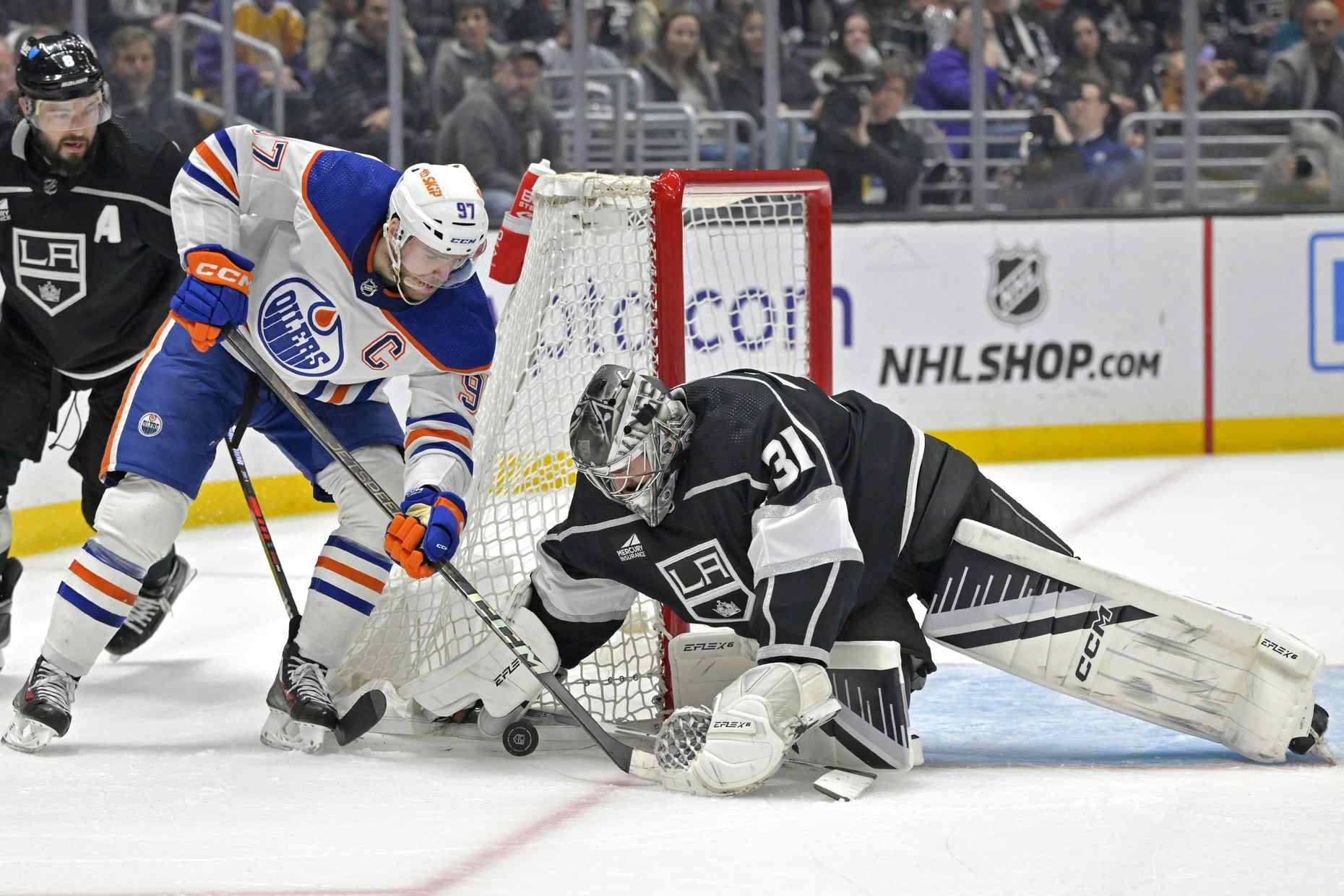Player X doesn’t like Edmonton. So what?

It’s no secret that Edmonton has had its challenges attracting free agents and retaining top talent, and it’s also no secret that fans have at time struggled to cope with the results of those challenges.
A Long, Sad, Story
The last quarter century has taught Oilers fans not to expect good things to last. The Wayne Gretzky trade is the primary example, but the list of stars that have left town over money is long and varied. It starts with the guys that helped the Oilers to five Stanley Cups, includes the brightest stars on the plucky teams in the late 1990’s and early 2000’s, and last demonstrated itself with the tearful departure of Ryan Smyth in 2007. At the same time as Flyers fans were learning that no goaltender would ever excel in Philadelphia, Oilers fans learned that good players left town once they got near the ends of their contracts.
Those departures are one part of the story. Another part is the decisions of individual players. In some cases, those decisions involved departure for reasons other than money – such as in the case of Mike Comrie and Chris Pronger and Petr Nedved and others. In other cases, players simply gave Edmonton a pass to play elsewhere, often in a way that embarrassed the Oilers’ organization and its fans – this is the group that players like Michael Nylander and Dany Heatley belong in.
There’s a long history that I’m summarizing in two paragraphs but it boils down to this: there is a perception that Edmonton is a second-rate destination for hockey players, and that impacts their ability to both acquire and retain talent.
The Good and the Bad

It’s true that Edmonton is far from a perfect destination for unrestricted free agents, and it’s also true that some of the factors in that won’t ever change. However, a) there are things to like about the city and the team and b) most of the suggested ways of dealing with the unchangeable problems are stupid.
Edmonton cannot help being cold in the winter. The Oilers cannot help having a tougher travel routine than an Eastern-based team. A five second glance at a map indicates why: the Oilers are the NHL’s northernmost team and aren’t sitting next door to 17 other teams the way they would be if they played in the northeast. Another absolute: as a world-class city, Edmonton can’t compete with New York. Those things will scare free agents away, and there is nothing to do but accept them and move on.
Acceptance of reality doesn’t mean that the Oilers need to accept an inability to compete for free agents, though. Weather and travel aren’t the only reasons NHL players pick teams. Above all, NHL players as a group seem to like winning hockey games; if the Oilers can find a way to transform their group of young draft picks into the core of a contender they’ll cover a lot of other sins. That’s how the Red Wings continue to land high-end talent, even as Detroit turns into one of the most dangerous cities in America.
The Oilers also have some natural advantages. The fans are as rabid and single-mindedly devoted to hockey as any in the league; a hockey player in Edmonton is a celebrity to a degree he isn’t in the majority of NHL cities. That’s both good and bad as a selling point, but doubtless appeals to some players. Edmonton also lies at the heart of an incredibly fertile hockey player-producing region; some players don’t like playing in the fishbowl but doubtless there are others happy to be playing close to where they grew up (It’s funny; there are lots of ‘X doesn’t want the pressure of playing at home’ stories in Edmonton and few of the ‘I want to play for the team I grew up cheering for’ variety so prevalent in Toronto). Edmonton is also has one of the NHL’s most favourable tax situations, for players that like squeezing every cent out of their contracts. With a wealthy owner and healthy revenues, the Oilers also have significant financial resources.
The Oilers as a destination have good points and bad points. The bad points mean some players will never see Edmonton as an attractive destination, and that’s just the way it is. The good points would be considerably enhanced if the team starts winning games.
Then And Now

The 2013 Edmonton Oilers are a different breed from their predecessors. They don’t face the same financial hardships as previous Oilers teams – the need to ship away players because they cost too much doesn’t impact them more than it does other NHL clubs (because of the salary cap). That section of franchise history is of no relevance when considering the team today.
The Oilers’ struggles to land free agents also need to be seen in context. There are 30 NHL teams; on every free agent signing 29 teams are going to miss out. The difference is that it seems like such a big deal when it happens in Edmonton, and maybe in part that’s because with all the losing so many fans placed big hopes on those free agent signings. When Detroit misses out on Ryan Suter or Pittsburgh fails to land Zach Parise or Boston loses Nathan Horton, it doesn’t prompt the kind of anguish in those cities that it does when a player makes a deliberate choice to leave/not go to Edmonton.
It shouldn’t be that way. Edmonton is a tremendous hockey market, and the Oilers have a rich history. If there’s a cause for an inferiority complex among fans, it should be the team’s record over the last few seasons, not the decision-making of Player X. Player X – whether it’s Justin Schultz signing in Edmonton instead of Anaheim or Chris Pronger going to Anaheim instead of Edmonton – will always make a choice based on criteria unique to him. There’s no sense worrying about him.
Certainly the decision making of a hockey player shouldn’t be seen as a black mark on either the team or the city.
Recently around the Nation Network
At Canucks Army, Dimitri Filipovic constructs a hypothetical "All-Undrafted" team. Here’s the process:
I scoured the list of all of the players to ever compete in the NHL after passing through the entry draft without being selected. Then, I narrowed it down to all of the players that are currently active in the NHL, and chose the best ones out of the bunch. I created 2 different teams composed of said players. I have to give some credit to Kent Wilson, whose idea of building an "All-UFA Team" a few weeks ago inspired me.
Click the link above to read more or check out some of my recent work:
Recent articles from Jonathan Willis





